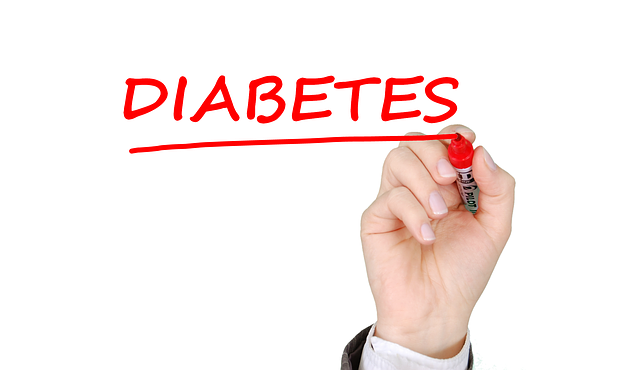The author has no conflicts of interest regarding oral semaglutide or any other diabetes medication.
The GLP-1 agonists have been growing in popularity. The benefit of good A1C lowering effect coupled with the potential for weight loss are two of the main reasons why the use of this drug class has escalated. Over the last few years, we’ve also seen data on cardiovascular outcomes which is a huge bonus as well.
One of the big nuisances with this class of medication is that they are available via injection only. If you have worked with patients, you have definitely encountered that doing an injection may prevent some patients from using a medication that they could benefit from.
Oral semaglutide is now available and it is always nice to have more and more options in diabetes care. Barring any major warnings or post-marketing concerns or surprises, I would anticipate that the use of this medication will pick up quickly.
You can find the full prescribing information here, but here are a few clinical and prescribing pearls regarding oral semaglutide that caught my eye.
- Dose titration: There are 3 doses (3 mg, 7 mg, and 14 mg) and dose titration should occur every 30 days as dictated by glycemic control.
- Once-daily dosing
- Just like the other GLP-1’s this drug can delay gastric emptying, so be sure to keep an eye out for medications with a narrow therapeutic window (i.e. phenytoin, warfarin, levothyroxine, etc.)
- GI adverse effects were in the 10-20% range and were dose-dependent
I have been working on updates for all of our study materials for 2020 and diabetes is definitely one area that has seen some change! Those updates will be done very soon (within 1-2 months) and anyone who has an all-access pass will have automatic access when they become available!
Did anything else jump out at your regarding oral semaglutide?
- 30 medication mistakes PDF
- 18+ Page Drug Interaction PDF
- 10 Commandments of Polypharmacy Webinar based on my experiences in clinical practice



I love your updates. I like it that you keep it short and sweet. Keep them coming and thank you for all that you do.
Thank you so much!!
Very concise and informative
How would you handle a patient who is on other medications that have to be taken before eating (I.e. levothyroxine, bisphosphonates, linzess, etc)?